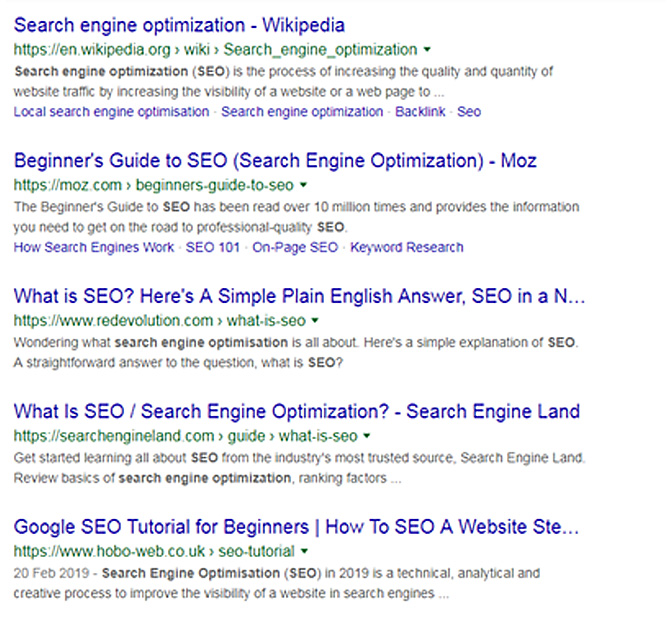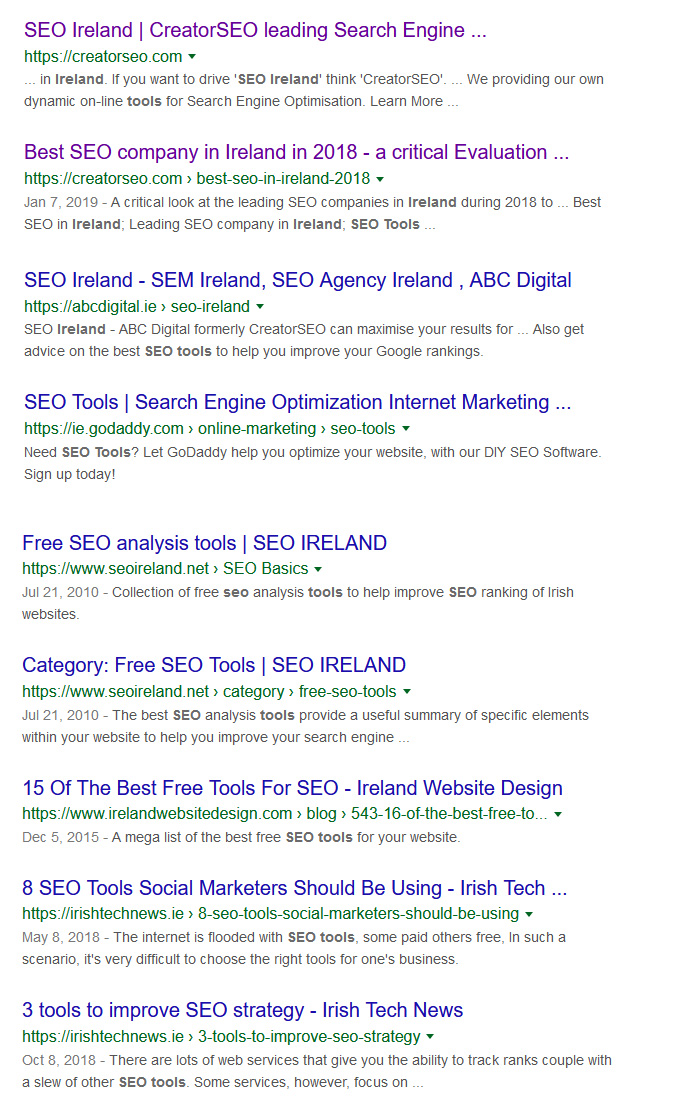SSL certificates
Guest Post by Gael Breton from Authority Hacker
SEO is a complex field and SSL certificates can’t be ignored in any SEO project.
Over the years, Google and other search engines have frequently updated the list of factors that they look at when deciding which web pages should top the digital charts.
Today, everything from your domain name to how quickly your site loads can affect your chances of success. But what about the security and privacy of your domain? How does that impact your ability to find and connect with customers?
Around a year ago, there was a lot of buzz around Google’s decision to start penalizing websites that hadn’t introduced HTTPS.
However, as the digital marketing world continued to evolve, the excitement over SSL certificates gradually died down. Now we’re left wondering, does Google care about HTTPS, or is site security “so last season”?
Google’s Approach to HTTPS
Unless you’re a fresh-faced new website owner, you’ll know that an unsecured website can present considerable problems to domain owners and the site’s users.
However, up until recently, Google pretty much allowed browsers to take their safety into their own hands. Although Google announced HTTPs as a ranking factor all the way back in 2014, it was difficult to tell just how important this component was in the overall ranking algorithm.
Of course, when scandals like Cambridge Analytica and other major security breaches started to take place during 2018, the world’s attitude towards digital security began to change. Safety wasn’t just “nice to have” anymore and Google, as always, took notice of consumer trends.
Starting July 1st 2018, Google announced that it would be taking serious measures to show users which sites had no data encryption. Browsers were presented with “not secure” message next to every website on the search engine results that didn’t have an SSL certificate, allowing visitors to see which sites are the most secure and make their browsing decisions accordingly. Apart from the ranking impact of hot having an SSL certificate, visitors are less likely to click a link that is labelled as “not secure” and this too will have a negative impact on traffic to the site.
Does an SSL Certificate Effect SEO?
So, aside from warning customers that your site is “not secure,” how much does HTTP matter to your SEO ranking?
According to Google, HTTPS encryption can serve as a tie-breaker when determining where to rank sites that offer similar information. Furthermore, if you conduct any search on Google today, you’ll find that just about every result in the top couple of pages features a site with an HTTPS domain.
This tells us two things.
First, people are spending more of their time browsing through safe websites that can promise digital encryption. Secondly, Google does consider the safety of your website when deciding where to place your site. When search for “Search Engine Optimisation,” we had to go all the way to page 14 to find an organically ranked site without an SSL certificate.
Ultimately, Google built its search engine on the belief that data should be available and safe for everyone to access. By pushing users to make the change and embrace security, Google is taking a necessary step towards making the online world a safer place.
Google has even updated its online community to help developers make the transition from HTTP to HTTPS. Google offers mixed content audits and the Google Lighthouse tool to track down the unsecured elements of your pages. What’s more, you can even get an SSL certificate for free using Let’s Encrypt.
So there really is no longer any excuse for not enabling SSL on any site.
The easiest option, of course, is to purchase a premium SSL for a few dollars a month. These paid solutions are easier to install, and they come with helpful support from a dedicated team if something goes wrong. Most hosting companies offer SSL certificates as part of your domain management package today.
Why Every Website Needs an SSL Certificate
For a long time, companies assumed that they only needed an SSL certificate when they were selling online. After all, as vendors thought that customers would only be concerned about security when sharing their payment data. However, the truth is that today’s visitors have become increasingly nervous about sharing any information – from their name to their email address.
SSL certificates don’t just give you the seal of approval from Google, and a significant SEO boost. Encrypting your website also helps to earn the trust of your digital visitors by:
- Protecting sensitive information: When you add an SSL certificate to your domain, the data sent between the domain and a customer’s browser is encrypted. This means that there’s no chance that anyone can see a username, password, or any other sensitive information as it travels between a computer and a destination server.
- Defending against cybercriminals: Today’s consumers are becoming increasingly aware of the malicious figures that may attempt to steal their information online. SSL certificates help to reduce the risk that your website will end up becoming a victim of a cyber-attack. When your customers see that little padlock on your site’s URL, they’ll know that you’re taking extra steps to protect them from criminals.
- Building trust and brand power: When your SSL certificate is installed, your customers get an immediate dose of reassurance when they visit your website. They can see that your encryption is set-up by looking at the padlock on your URL, and they’ll feel comfortable knowing that the information they provide to your company is safe.
Better Safe Than Sorry
Ultimately, an SSL certificate and HTTPs encryption show your website visitors and potential customers that you’re willing to take any steps necessary to improve their browsing experience. Now that experience is the number one differentiating factor for any brand; it makes sense to give your visitors that peace of mind.
When adding SSL encryption to your site is so quick and easy, there’s no excuse not to take the extra step to boost your SEO and delight your visitors. It’s better to be safe than sorry after all.



